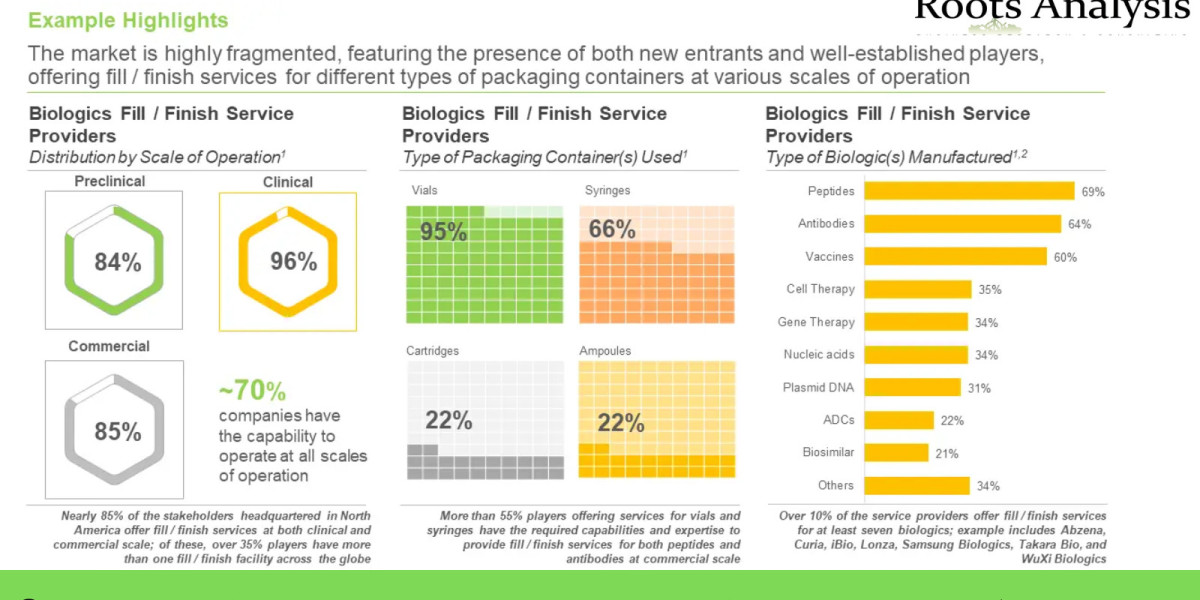A spiritual healer is an individual who dedicates themselves to facilitating healing on a profound level, addressing the spiritual, emotional, and sometimes physical aspects of a person's well-being. Their practice often transcends conventional medical or psychological approaches, focusing on the interconnectedness of mind, body, and spirit.
The Elements of Spiritual Healing
Energy and Chakras: Spiritual healers often work with the concept of energy and the body's energy centers, known as chakras. They believe that imbalances in these energy centers can lead to physical and emotional ailments. Through techniques such as Reiki, Pranic Healing, or Crystal Healing, they aim to restore balance and vitality.
Mind-Body Connection: Spiritual healers recognize the powerful link between the mind and the body. Negative thoughts and emotions can manifest as physical symptoms. By guiding individuals to address and release emotional baggage, spiritual healers help pave the way for holistic healing.
Spiritual Guidance: Some spiritual healers tap into their intuition or connection with higher spiritual realms to offer guidance and insights to their clients. This guidance can help individuals find purpose, direction, and inner peace.
Longevity: Studies have shown that individuals with strong social connections tend to live longer and healthier lives. The emotional support provided by relationships can positively impact physical health.
The Synergy Between Spiritual Healing and Nurturing Relationships
The practice of spiritual healing and the cultivation of nurturing relationships are not mutually exclusive. In fact, they often complement each other beautifully:
Enhanced Self-Awareness: Spiritual healing can lead to a deeper understanding of oneself, which, in turn, can lead to healthier, more authentic relationships.
Improved Communication: Nurturing relationships require effective communication, which can be honed through self-awareness and spiritual growth.
The Importance of Nurturing Relationships
While spiritual healing focuses on the individual's inner world, the significance of nurturing relationships cannot be underestimated. Healthy connections with others contribute immensely to our overall well-being. Here's why:
Emotional Support: Nurturing relationships provide a safe space for sharing emotions and seeking solace during challenging times. This emotional support is vital for our mental health and resilience.
Sense of Belonging: Humans are social beings, and a sense of belonging to a community or a close-knit group of friends and family can boost self-esteem and reduce feelings of isolation.
Stress Reduction: Engaging in meaningful relationships can significantly reduce stress levels. Social interactions release oxytocin, a hormone that promotes bonding and relaxation.
Self-Reflection: Relationships offer opportunities for self-reflection and personal growth. Interacting with others helps us better understand our values, desires, and areas for improvement.
Shared Spiritual Journeys: Couples or friends who embark on spiritual journeys together often report stronger bonds and increased empathy.
Conclusion
In a world filled with distractions and external pressures, it is essential to recognize the value of spiritual healing and nurturing relationships. Both play pivotal roles in our quest for holistic well-being. By embracing spiritual healing practices and fostering meaningful connections, we can navigate life's challenges with greater resilience and find profound meaning in our existence. Remember, the journey to inner peace and fulfillment is not a solitary one; it is often paved with the companionship of kindred spirits who support us along the way.



